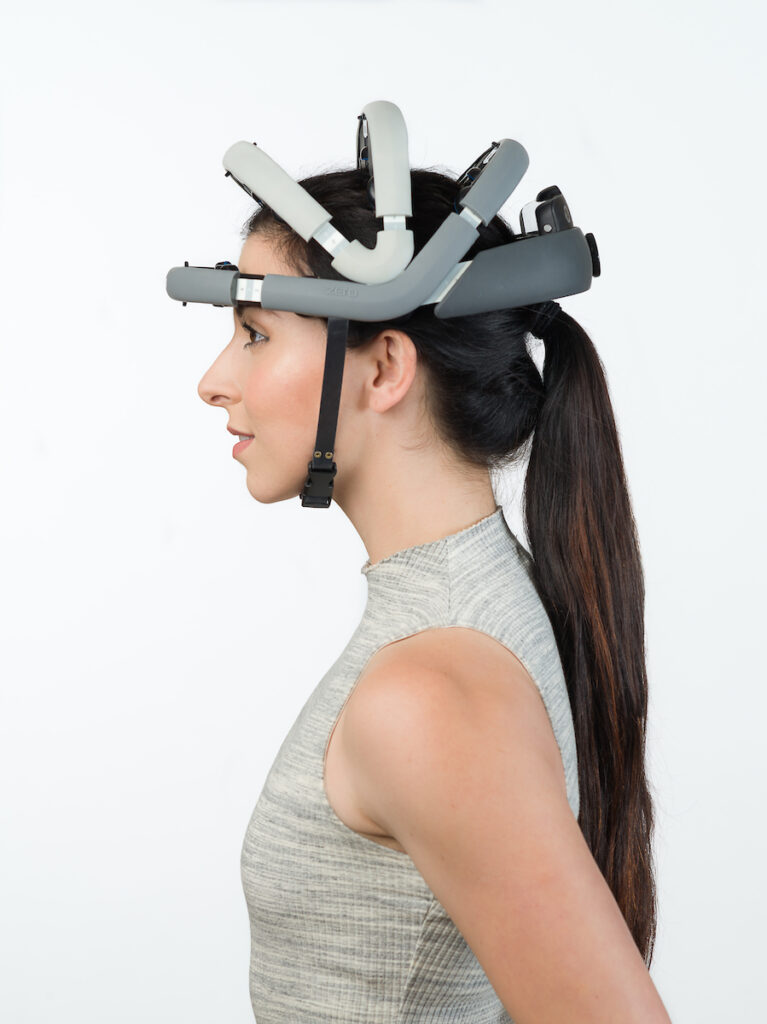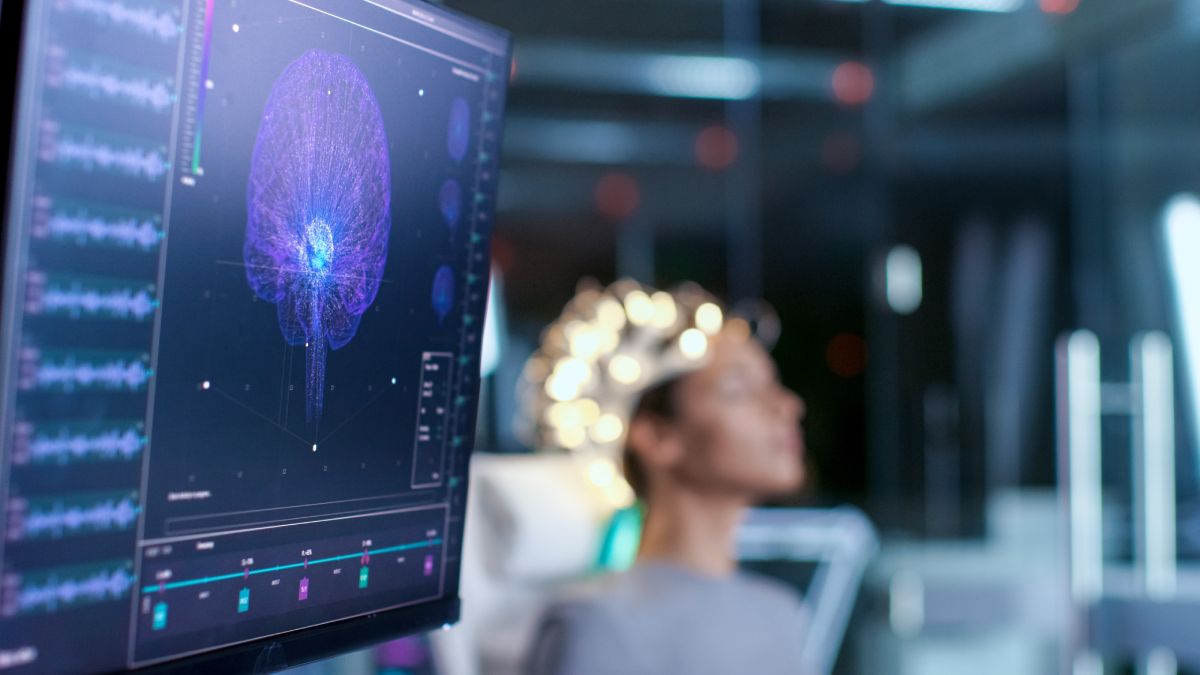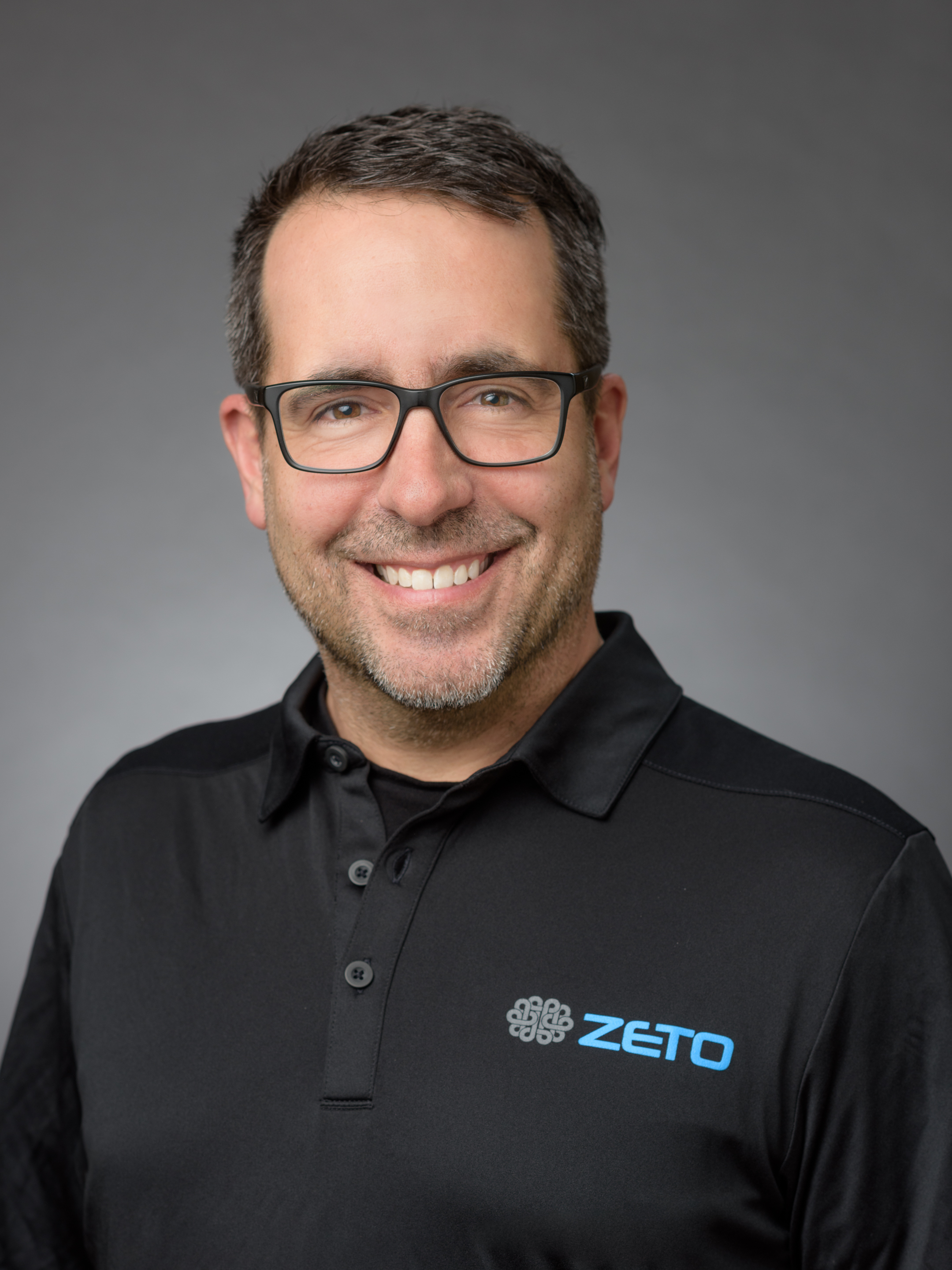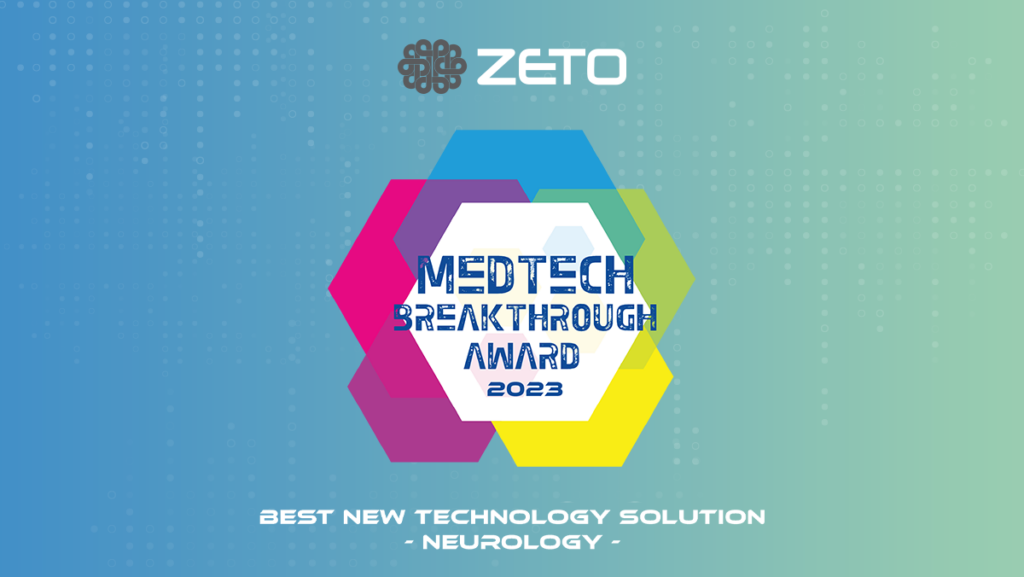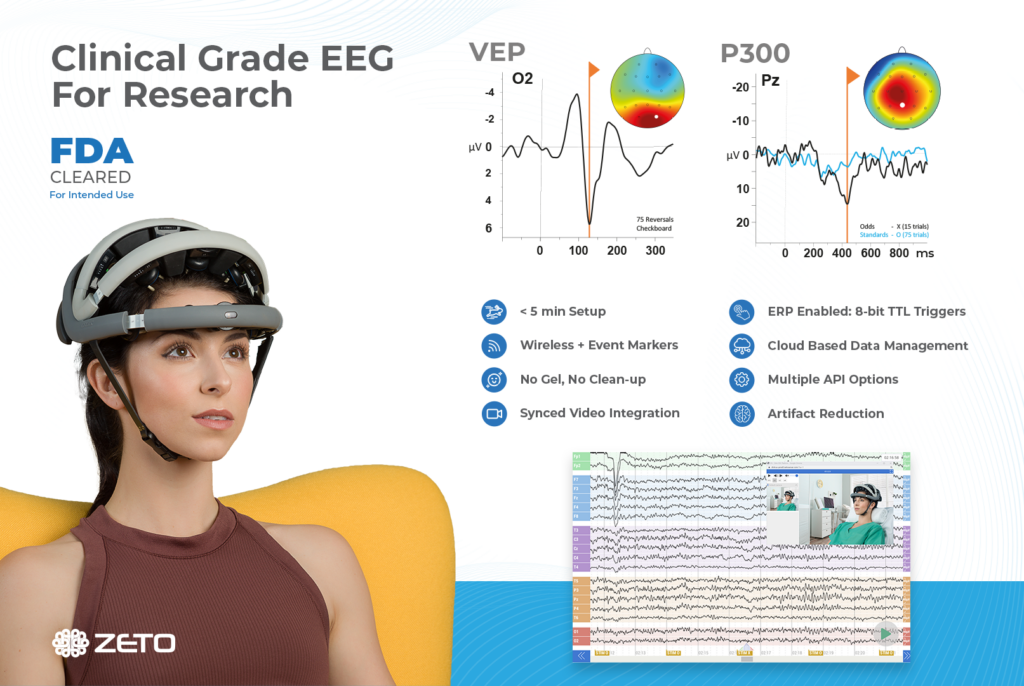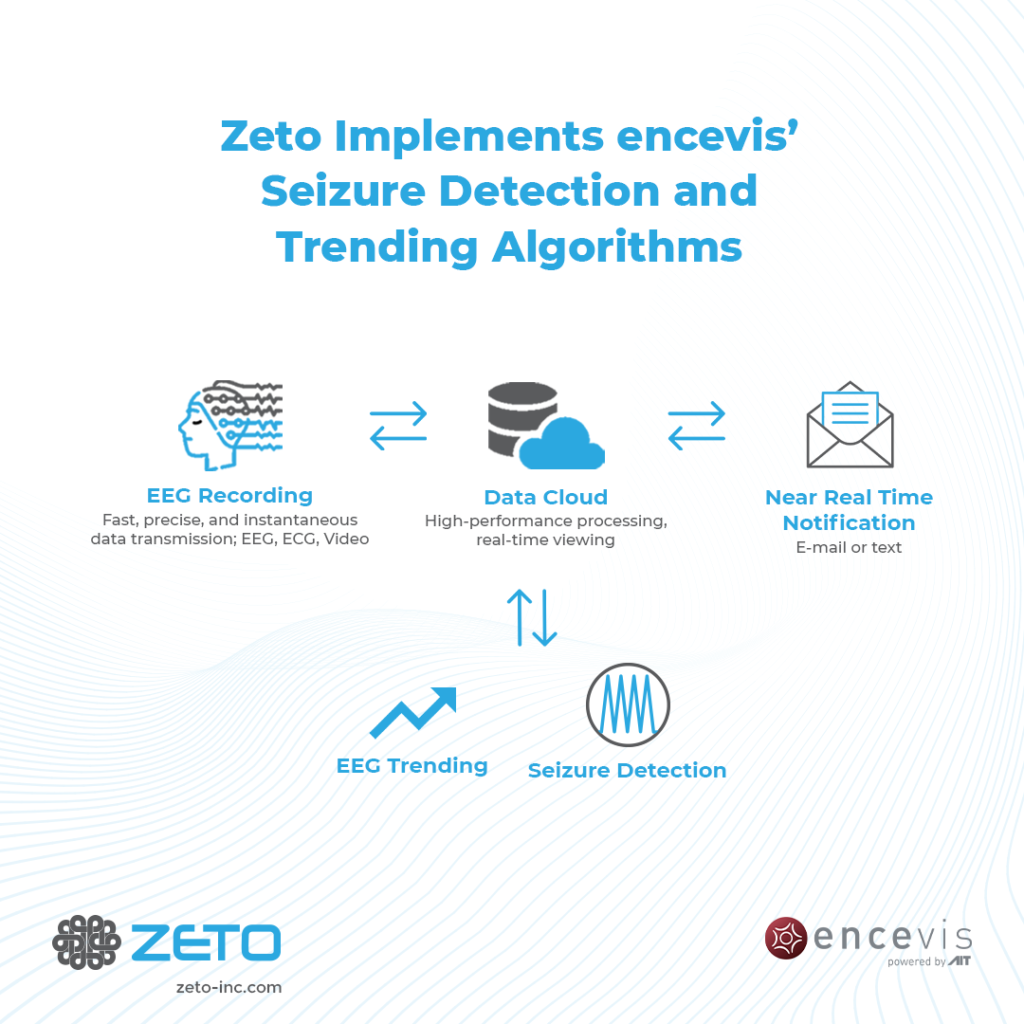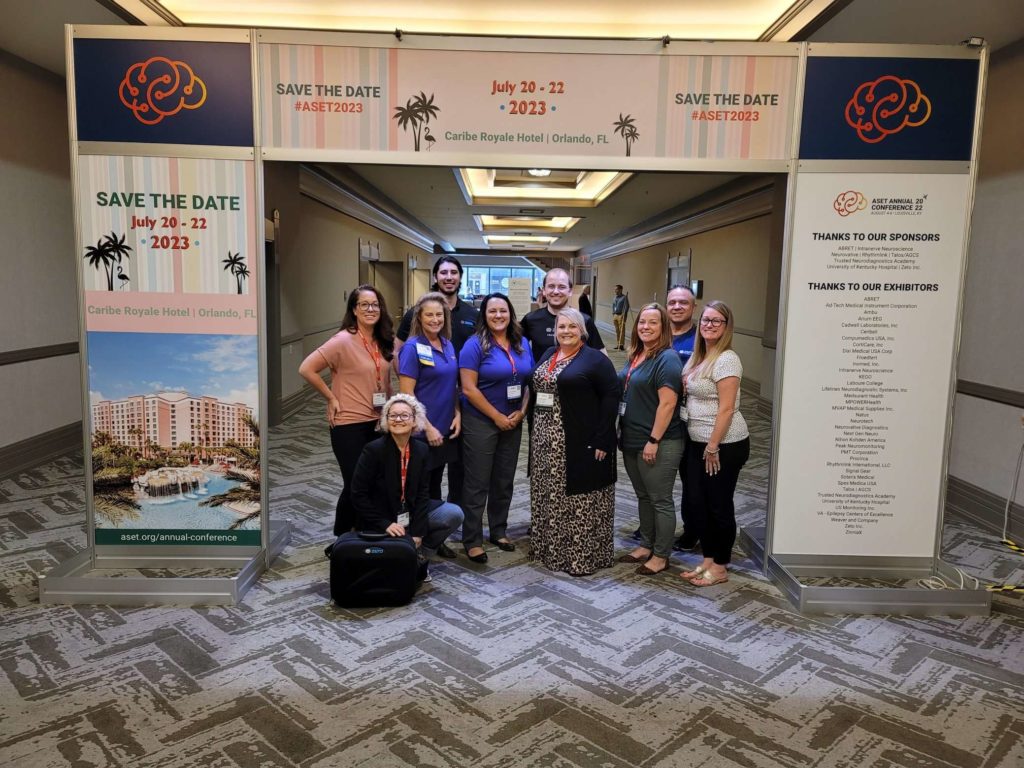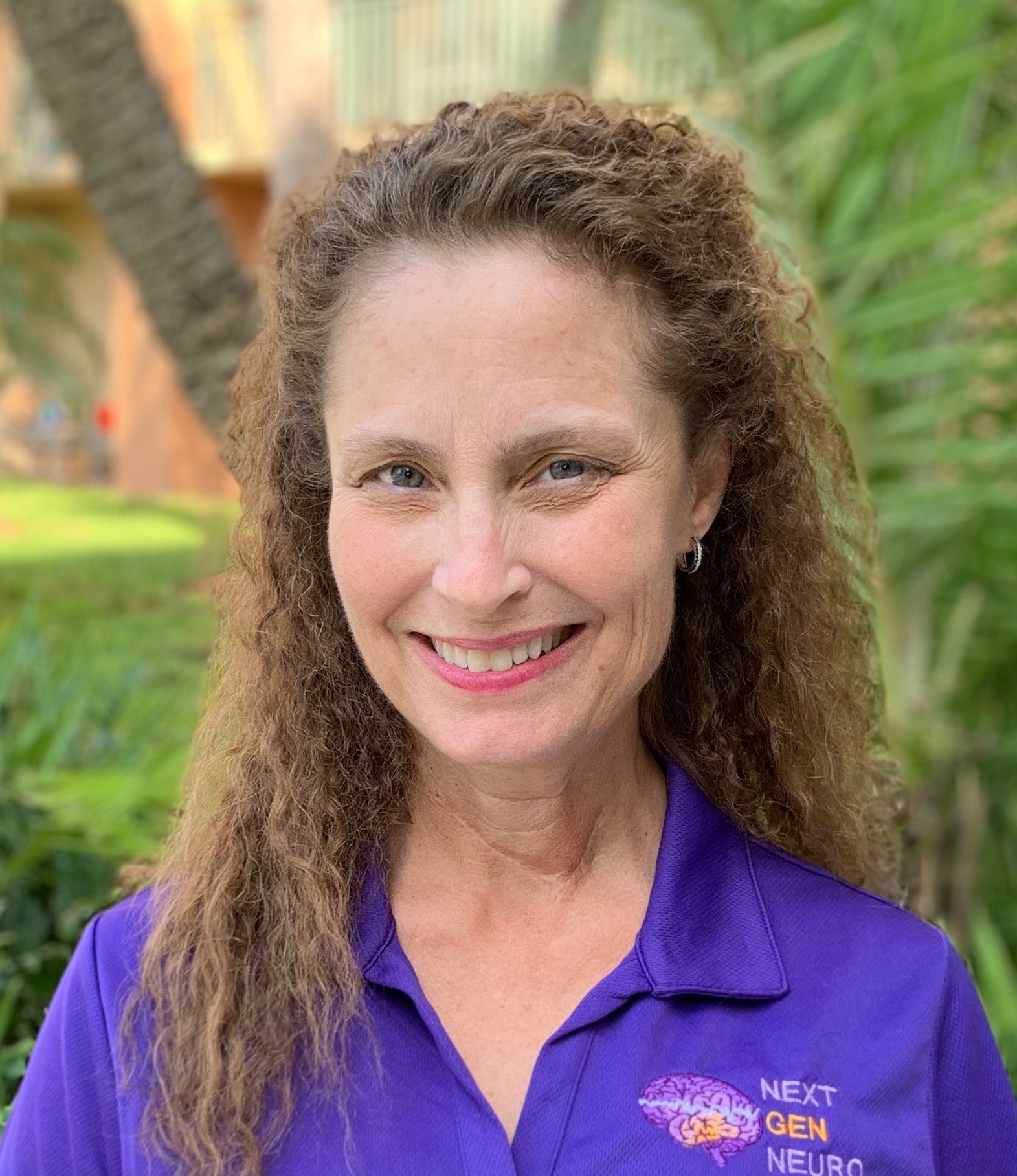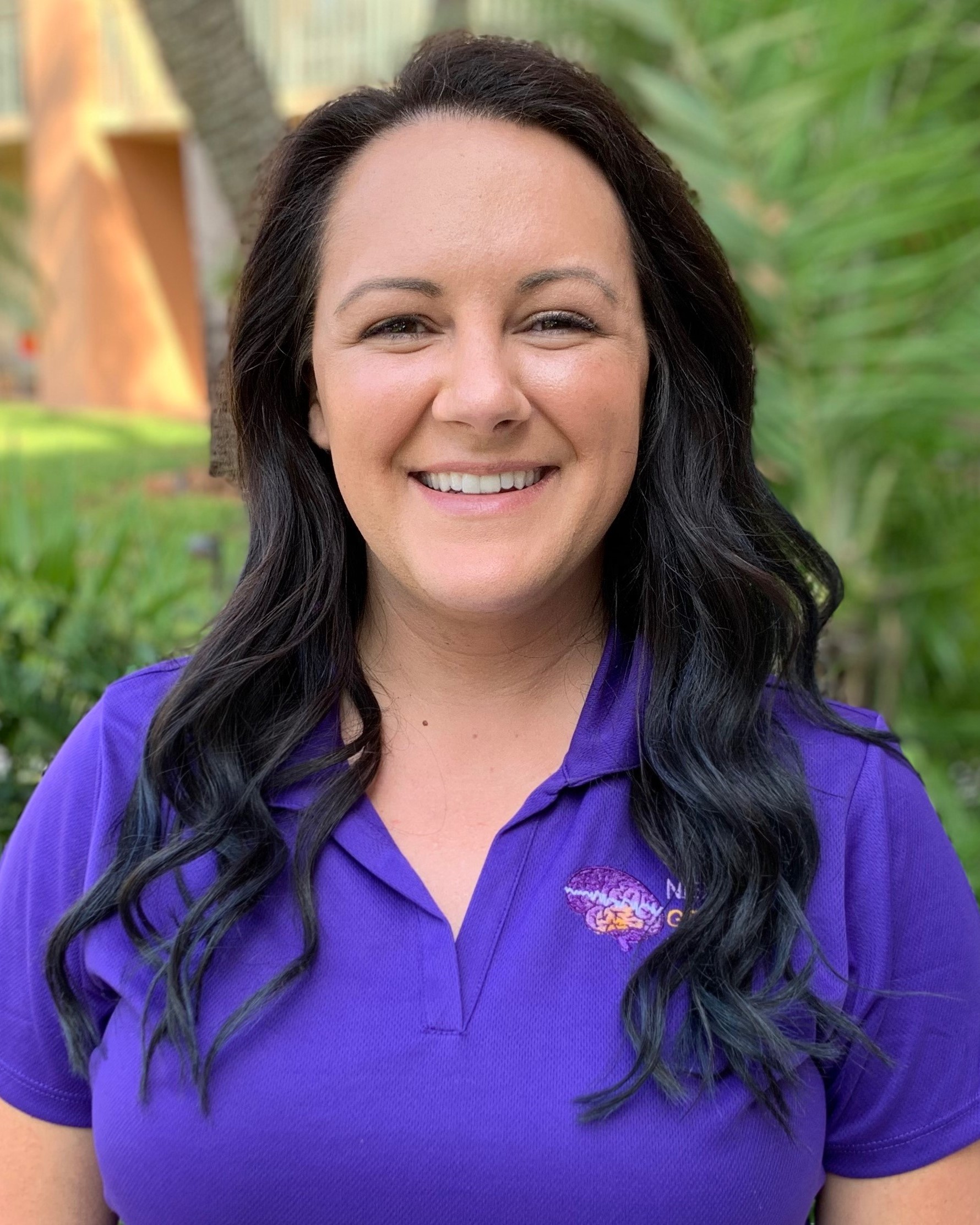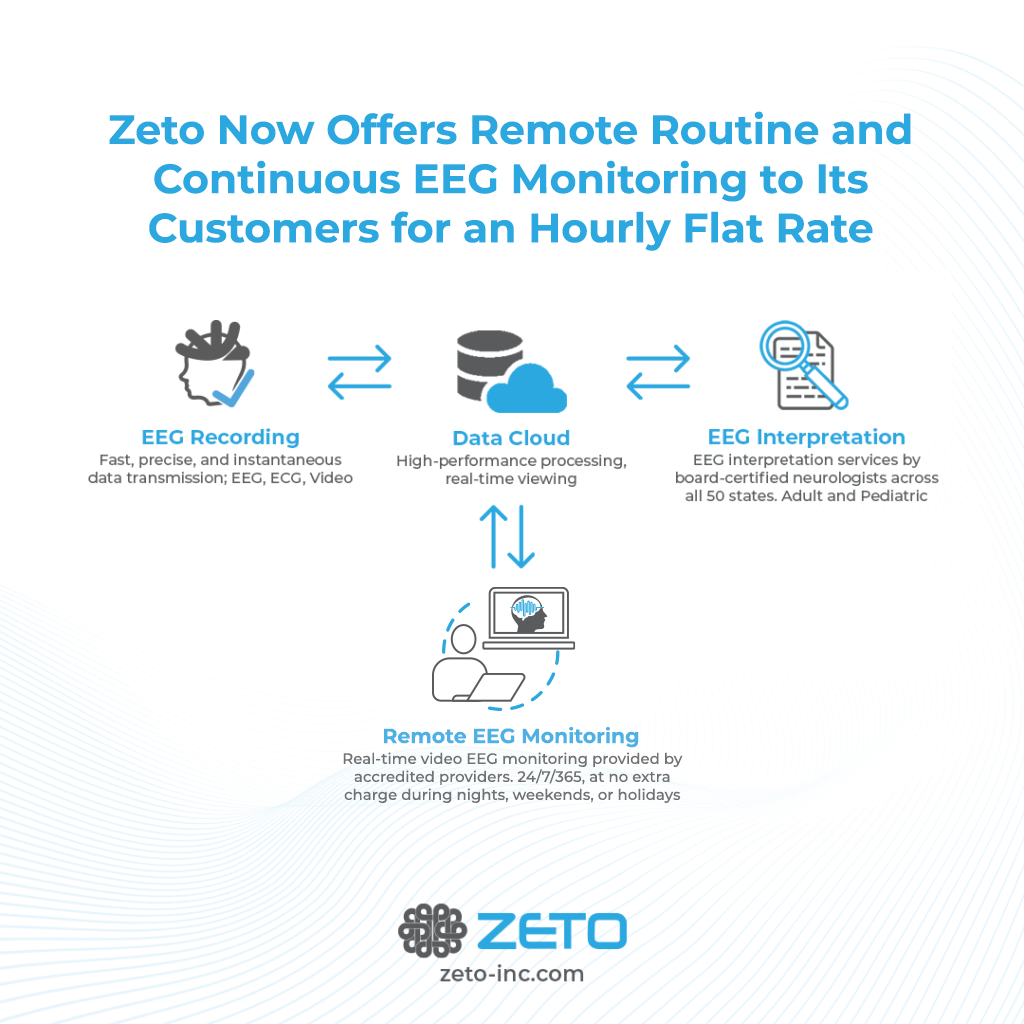On August 3rd, Zeto announced the launch of its new remote routine and continuous EEG monitoring services. To provide this service, we partnered with Next Gen Neuro LLC .
We asked Next Gen Neuro Co-founders CEO Leisha Osburn and COO Amanda Ritchey, innovative leaders in the neurodiagnostic industry, about this new service and how it would benefit patients in hospital and clinic settings.
What is your mission and how can your services improve patient outcomes?
Our mission is to be the Next Generation EEG-focused Neurodiagnostic service provider for our partners and their patients, helping them navigate this ever-changing field. We believe we can help improve patient outcomes by reducing delays in EEG care and allowing the opportunity for patients to receive care “in place, when and where they need it.”
We are eager to embrace new technologies and develop innovative workflows that will allow us to accomplish these goals while providing the highest quality EEG and cEEG services.
Why did you decide to start offering remote EEG monitoring?
Leisha Osburn: Around 2007, my team in the Neurophysiology Department at IU Health Methodist hospital became involved in the care of a man in his early 40s who was in status epilepticus. We began EEG monitoring and treatment aimed at stopping the seizures with high doses of medications that placed him in a medically induced coma. The medications had to be kept at just the right levels—enough to suppress the seizures, but not too suppressed — through continuous recording of the EEG.
At that time, the technology involved in continuously recording long periods of EEG and video data was not very evolved. The concept of having EEG technologists available to continuously monitor the recordings of patients in the ICU like this had never been applied. We would leave the machine on to record at the bedside overnight and the nurses and physicians would check intermittently to see if the brainwaves were still relatively suppressed or if the patient had again begun to have seizures. Then, about halfway through some nights, the storage capacity on the EEG machine would fill up and they would lose the best tool in caring for the patient.
Unfortunately, this patient passed away after several weeks in the ICU. It motivated all of us to look for better tools and methods for EEG monitoring in the future.
In 2008, I pushed to gain approval for the first ICU continuous EEG program in the country that would have registered EEG technologists (R.EEG.Ts) watching the brainwaves continuously, in real-time. We launched this program successfully and because of the significant impact it had on the care of ICU patients at Methodist hospital, we soon expanded this service to Riley Children’s hospital and Indiana University hospital. It wasn’t long after, that we began providing the service remotely for other IU Health hospitals.
In 2013, I left IU Health and the idea of expanding these remote monitoring services led me to meet our COO, Amanda Ritchey in 2014. Together, with the help of a great team, we built this service successfully for another company, and left at the end of 2019 to create Next Gen Neuro, with the goal of focusing on partnerships with hospitals and other healthcare providers to provide this service with patient care and quality first, above all else.
You recently partnered with Zeto to provide remote EEG monitoring services to Zeto’s customers. Could you describe how this service works?
When Zeto customers need real-time EEG monitoring coverage from Next Gen Neuro they can notify us two ways. If the patient is already set up for the EEG using the Zeto headset, the Zeto customer will click on a service request button in the Zeto software that notifies our monitoring team immediately and monitoring can start in 30 minutes or less. Alternatively, monitoring services can be requested via email at least 30 minutes before the EEG is set to begin. In this case, monitoring will start immediately when the setup is complete.
Then, continuously, in real time, an R.EEG.T remotely views the EEG and patient video, making annotations hourly, and more often as appropriate. Most importantly, they also rapidly notify care providers of relevant EEG and clinical events, per pre-established, customer directed protocols, as they occur. EEG annotations and logs of all significant events are available immediately at study completion. Technical summary reports inclusive of a descriptive analysis of the EEG are available within 2 hours of study completion.
Will the service actually be available in real time on demand, within 30 minutes, 24/7/365?
Yes, we have R.EEG.Ts scheduled around the clock and multiple layers of redundancy built in to assure this. In addition to the technologists who are pre-scheduled to provide monitoring, we also have shift coordinators available and ready to assist within 5 minutes of add-on requests, monitoring technologists on-call, and a clinical administrator on-call, all of whom are available within 30 minutes.
Will EEG monitoring be done only by registered EEG technologists?
Yes, to be eligible for a position with Next Gen Neuro all candidates must at a minimum, have their R.EEG.T, at least 3 years of ICU and/or epilepsy monitoring unit (EMU) experience (including experience with neonatal, pediatric and adult EEG), and they must commit to obtain their CLTM certification within 2 years of hire if they do not already have this higher-level credential. They must also pass an oral competency and skills assessment as a part of the initial interview process.
Is it possible for healthcare providers to combine their own EEG services with this remote EEG monitoring service? For example, how would this work if one of Zeto’s customers wants to use their own EEG technologists only during certain hours and order remote EEG monitoring from you at times when their EEG specialists are not available.
Yes, in fact this is very common. Many of our customers have their own EEG staff to monitor during the day and only need coverage overnight and on weekends. In the example you gave, we would work with the Zeto customer during the implementation planning process to determine what times, each day, we would receive and hand off EEG patients to and from the facility.
You work with many healthcare providers. What is the most popular use case and what are the biggest benefits of remote EEG services for healthcare providers?
Generally, there are two common scenarios.
We are contacted by hospitals or physician offices to provide on-site EEG technologists after they have been unsuccessful at this due to the ongoing significant staffing shortages in our field.
Our most popular hospital use case is to provide supplemental/as-needed remote and hybrid on-site/remote coverage of cEEGs and Stat EEGs, primarily overnights and weekends. We believe the biggest benefit of remote EEG services for healthcare providers comes when there are no onsite EEG staff available to set up and perform EEGs and cEEG monitoring. That’s where we provide credentialed, highly qualified technologists, available remotely, in real-time, to perform these services and sound the alarm on any critical events or findings during the EEG.
The ASET Annual Meeting just finished! What are your career recommendations for EEG technologists?
Be a sponge and learn as much as you can. Get involved with ASET and ABRET. Seek formal and informal mentors who can encourage and support your growth in this wonderful profession. There are many areas of focus in Neurodiagnostics, both current and on the horizon. Explore them all and find your passion!
